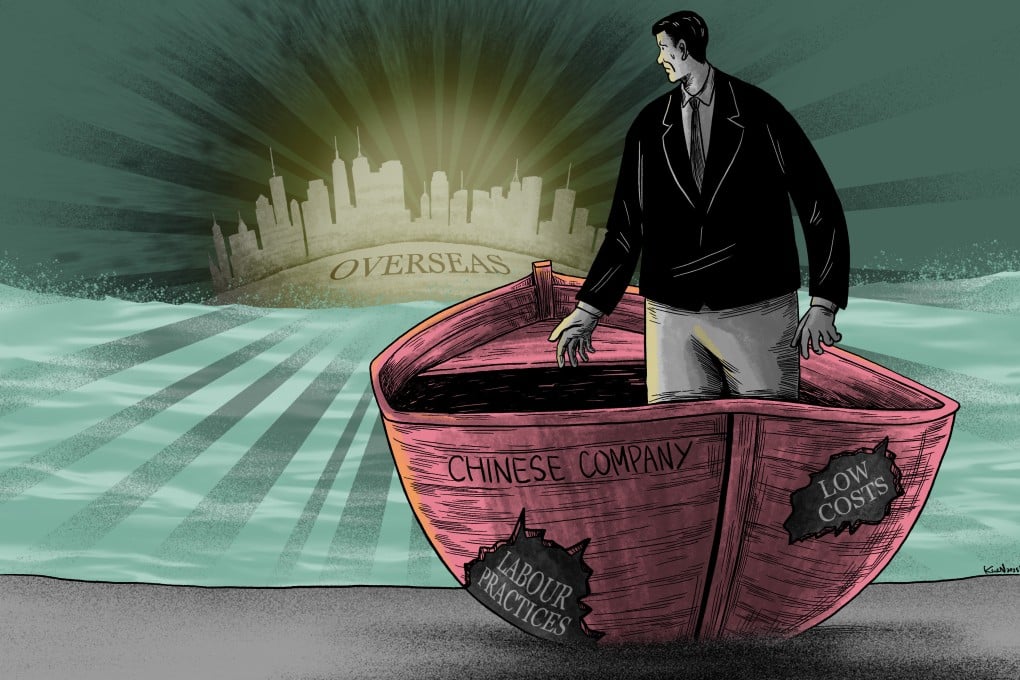Chinese firms face stumbling blocks abroad: old competitive mindsets may be their undoing
Overseas scandals, setbacks shine light on problematic nature of deeply ingrained business mentality. And the less they notice your Chinese identity, the better, some say

Their mindset often entails outcompeting others by submitting the lowest bid, then cutting costs to make that bid financially viable, according to Liu Tanghua, China region general manager of the Terra Regia Industrial Park in Mexico. The BYD saga reminded Liu of his experience more than 20 years ago when he went abroad for the first time to India and Sri Lanka, working as a translator for construction projects under Chinese companies.
“Two decades later, as China is getting much stronger, people think there should be improvements in all aspects,” Liu said. “But such a routine remains the same.”
As more and more Chinese companies build factories overseas amid insufficient domestic demand and persistently elevated trade barriers, experts have warned that transplanting the vicious-competition approach to foreign lands will only serve to backfire, hamper their local operations and hurt the reputation of Chinese firms as a whole.
“Chinese companies have to adapt to the local context: you cannot go to other countries with a certain Chinese way of doing things,” said Dominique Turpin, a professor of marketing and the European president of the China Europe International Business School (CEIBS) in Shanghai.
